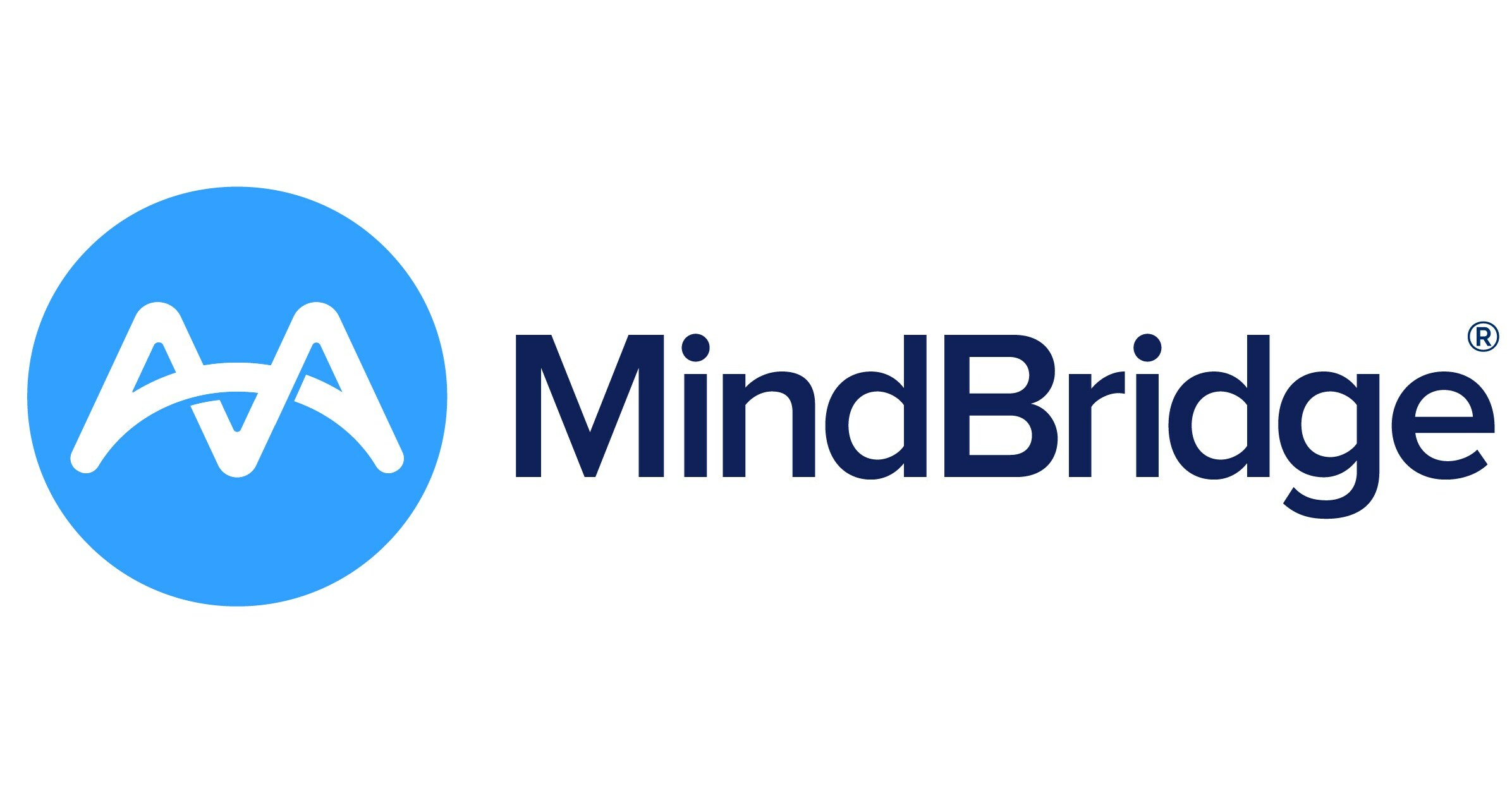Looking to build your practice?
With demand for alternative assets accelerating, CPAs have an opportunity to engage with a growing number of investors making investments in illiquid – and high potential – alternative assets held in an Individual Retirement Account (IRA).
A recent survey by Natixis Global Asset Management found that nearly 72% of investors say they would consider alternative investments if their financial advisor recommended them. That’s up from 35% a year ago, and is a significant increase from 19% in 2011.
For CPAs, there is a business opportunity to help a certain segment of the alternatives market: Individuals who invest in assets not traded on public exchanges. These independent-minded investors typically hold illiquid private equity, real estate, secured notes, unsecured notes and precious metals in their retirement accounts.
An alternative custodian specializing in retirement assets is essential to executing the self-directed IRA investor’s strategy. Equally as important is the expertise of a CPA to help manage the tax implications.
Investors Need The Expertise Of A CPA
Direct investments in a retirement account typically include real property, private company stock, venture investments, a variety of notes and precious metals. All of these are permissible in a Traditional IRA, Roth IRA, SEP-IRA, Solo(k) and other types of qualified plans.
When the investments include various types of corporate and legal structures, the complexity often requires the expertise of a CPA. That’s particularly true when the investments are held in any one of the following:
• C-corporations
• Limited Liability Corporations not traded on the exchanges, including single member and family-controlled LLCs
• Limited Partnerships not traded on the exchanges, including single partner and family-controlled LPs
• Private Equity
The Value of a CPA’s Counsel
Self-directed IRA investors typically work with a custodian to manage the record-keeping, as well as asset reviews, regulatory reporting, and asset valuations. The custodian also provides tax reporting, which involves issuing of forms such as 1099s and 5498s.
However, there are also certain tax benefits or requirements that are best reviewed by a CPA. For example, certain business entities or leveraged real estate owned by IRAs may be subject to UBIT (Unrelated Business Income Tax). A CPA is best positioned to make that evaluation and calculate any taxes owed by the IRA.
CPAs can also provide valuable counsel to clients when an IRA investment involves the following:
- Federal and state tax returns related to the use of a self-directed IRA
- Partnership filings for Limited Partnerships, C Corporations, and LLCs
- Schedule C filings
- Preparation of K-1s for IRA-owned LLCs
- Prohibited Transaction scenarios
- 990-T and valuation requirements
A CPA also helps facilitate other key aspects of investments held in a retirement account.
A CPA will often serve as loan servicer for IRAs holdings secured and unsecured notes. They will also provide clients with oversight of IRA-related transactions, including rollovers, managing contribution limits, Roth conversions, and the tax implications of distributions in-kind. They also may serve as special advisor to single member and family-controlled companies, reviewing the company’s transactions for IRS compliance. This oversight is required by many alternative asset IRA custodians in order to meet regulatory requirements
Beware Of Prohibited Transactions
Coordination between the custodian and the CPA can pre-empt a prohibited transaction, often referred to as “self-dealing.”
Federal rules prohibit an IRA account from conducting transactions that benefit the investor, the investor’s family or investor’s business. Any violation of that rule will end the tax-advantaged status of the retirement account and may result in additional penalties.
The following are some examples of prohibited transactions for certain common asset types:
Real estate: An IRA can't hold property in an IRA or other tax-advantaged retirement accounts if the investor or other “disqualified persons” (as defined by Internal Revenue Code 4975) have ever owned, currently own or live in, plan to live in, or plan to use that property while it is owned by a retirement account. The property must be for investment purposes only.
Private placements: Self-directed IRAs can't hold private equity shares of an investor’s own business or that of any other disqualified person, or even of a company in which the investor is a highly compensated employee, controlling interest or decision-making authority.
Promissory notes and loans: Self-directed IRA investors can't loan money to themselves or other disqualified persons from the IRA or other tax-advantaged retirement account.
Stepped transactions: A stepped transaction is one in which an owner of an IRA or retirement account conducts one or more transactions toward making a prohibited transaction. For example, an investor cannot loan money from an IRA to a relative, who in turns loans that money to his wife, who then loans it to back to the investor/account owner.
Prohibited Asset Types
Individuals can invest in a wide variety of alternative assets in a tax-deferred account, but there are a number of types of assets types that are prohibited. CPAs and alternative asset custodians should work together with the investor to avoid a costly mistake.
Prohibited assets include the following:
- Collectibles, such as, art, antiques, stamps, gems, rugs, or anything the U.S. Treasury Department deems to be a collectible
- Life insurance
- The stock of a Sub-Chapter S Corp. (Solo(k) plans can invest in an S Corp.)
- Viatical settlements
- General partnerships
- Auction transactions (includes real estate auctions)
After a decade of lost investment performance and widespread mistrust of the financial markets, more investors are looking to take control by investing in high potential alternative investments through their retirement accounts. A CPA can be valuable partner in helping prudent investors achieve that objective.
————————-
Gregg Monette is Vice President of PENSCO Trust Co., in San Francisco. Founded 23 years ago, PENSCO is an alternative asset custodian specializing in retirement accounts. PENSCO has 50,000 clients across the country and $10.3 billion in assets under custody. www.pensco.com.
Thanks for reading CPA Practice Advisor!
Subscribe Already registered? Log In
Need more information? Read the FAQs
Tags: Benefits, Financial Planning



